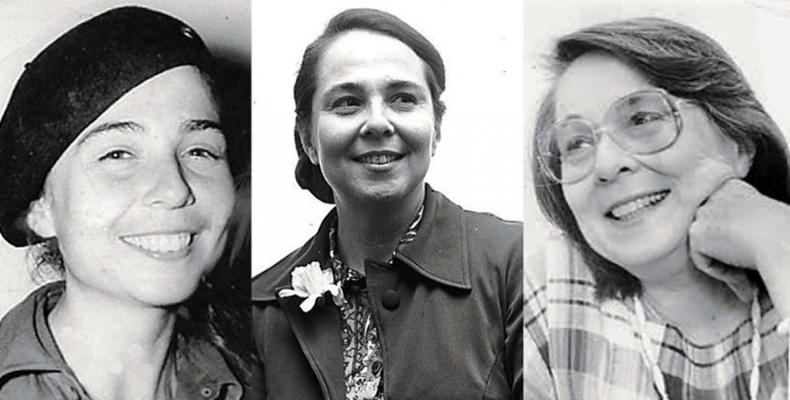Havana, June 18 (RHC)-- Cubans remember Vilma Espín, revolutionary fighter and defender of the full rights of women, on the thirteenth anniversary of her death on June 18, 2007.
Born on April 7, 1930 in the eastern province of Santigo de Cuba, into a family of high economic standing, Vilma defended dignity, emancipation, justice and equality during her entire life.
From a young age, she assumed revolutionary political positions, and actively participated in student demonstrations after the March 10, 1952 coup d'état by dictator Fulgencio Batista.
She joined the Rebel Army in the Sierra Maestra when her life was in extreme danger in the urban insurrection and was the wife of Raul Castro, who is currently the First Secretary of the Central Committee of the Communist Party of Cuba.
After the triumph of the Revolution in 1959, she served as the main leader of political and state actions to materialize Cuban women's full access to their rights.
Vilma Espín is remembered as the founding president of the Federation of Cuban Women (FMC), created in 1960 with the aim of promoting policies and programs aimed at achieving the full exercise of women's equality in all areas and at all levels of society.
She was also a member of the Central Committee of the Cuban Communist Party since its foundation in 1965, a deputy in the National Assembly of People's Power beginning with its first legislature and a member of the Council of State. As a result of a worsening illness, Vilma died on June 18, 2007 in Havana and her remains rest in the Mausoleum of the Second Eastern Frank País Front, an historic site located in the Mícara Mountains in the eastern part of the Caribbean nation.
Following his death, the historical leader of the island's Revolution, Fidel Castro, said: "Vilma's example is more necessary today than ever. She devoted her whole life to fighting for women when in Cuba most of them were discriminated against as human beings as in the rest of the world."


